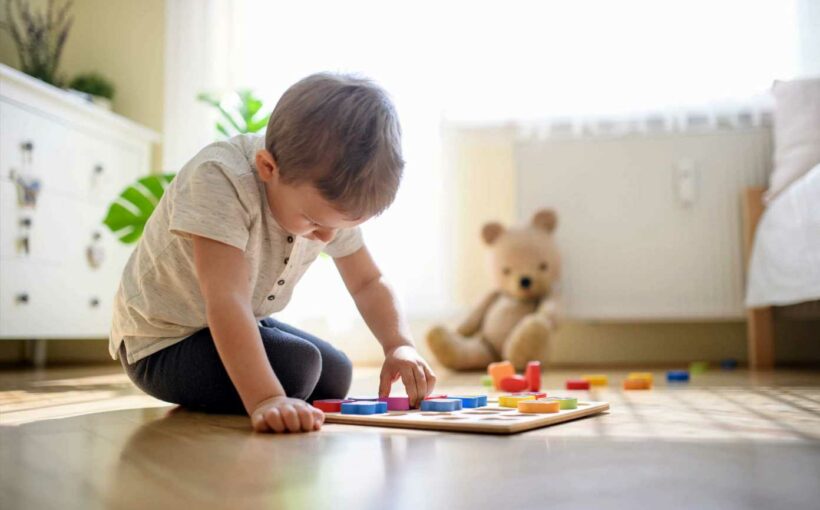There are numerous ways to help a child's learning and development, but one leading educational psychologist says there is a simple aspect that is "intrinsically valuable" to fostering basic skills.
Dan O'Hare, founder of Edpsy, an online community for educational psychologists, told CNBC via video call that professionals in the field had recently talked a lot about the importance of play for a child's learning and development.
O'Hare said that play was often seen as a "means to an end" to demonstrate a child's social skills, for example, but added the activity was also "intrinsically valuable" in an unstructured form.
Unstructured "child-directed or child-led" play was essential because it lets children develop their own imagination, he said.
O'Hare explained: "Often I think there's a view sometimes that there's a right way to play and that right way to play often looks like playing with other children in a cooperative game, but you need to have quite a lot of skills to get to that stage and actually with younger children, it's entirely normal for younger children to play by themselves or play next to a child."
He said it was important to recognize the skills that independent play helps a child to develop, such as motor skills, as well as negotiation and conflict management skills.
Even "rough play," which O'Hare said parents can be quick to stop, could help development in terms of allowing a child to learn "how to manage their body, strength, balance [and] risk," for example.
O'Hare referred to research published in 2019 by the University College London's Institute of Education, which found that schoolchildren aged 5-7 had 45 minutes less break time than kids in 1995. The research concluded that shortening school break times in England could be harming children's development.
The importance of boredom
O'Hare also argued that parents shouldn't look to fill all their child's time with activities.
"Having down time, having time where's there's boredom is actually pretty good, in terms of managing and learning to entertain yourself, to be creative, to problem solve," he said.
That's because research has associated boredom with increased creativity. For instance, a study published in 2013 by academics at the University of Central Lancashire suggested that undertaking a boring task could help someone come up with a more creative solution to a problem because their mind had been able to wander.
O'Hare said often parents might feel obliged to fill a child's time with activities, and stressed that he wasn't arguing against children undertaking extracurricular activities, but said that "self-regulation" could be beneficial for developing certain skills.
Check out: Parents can help their children cultivate these 3 traits to be more successful
Source: Read Full Article
